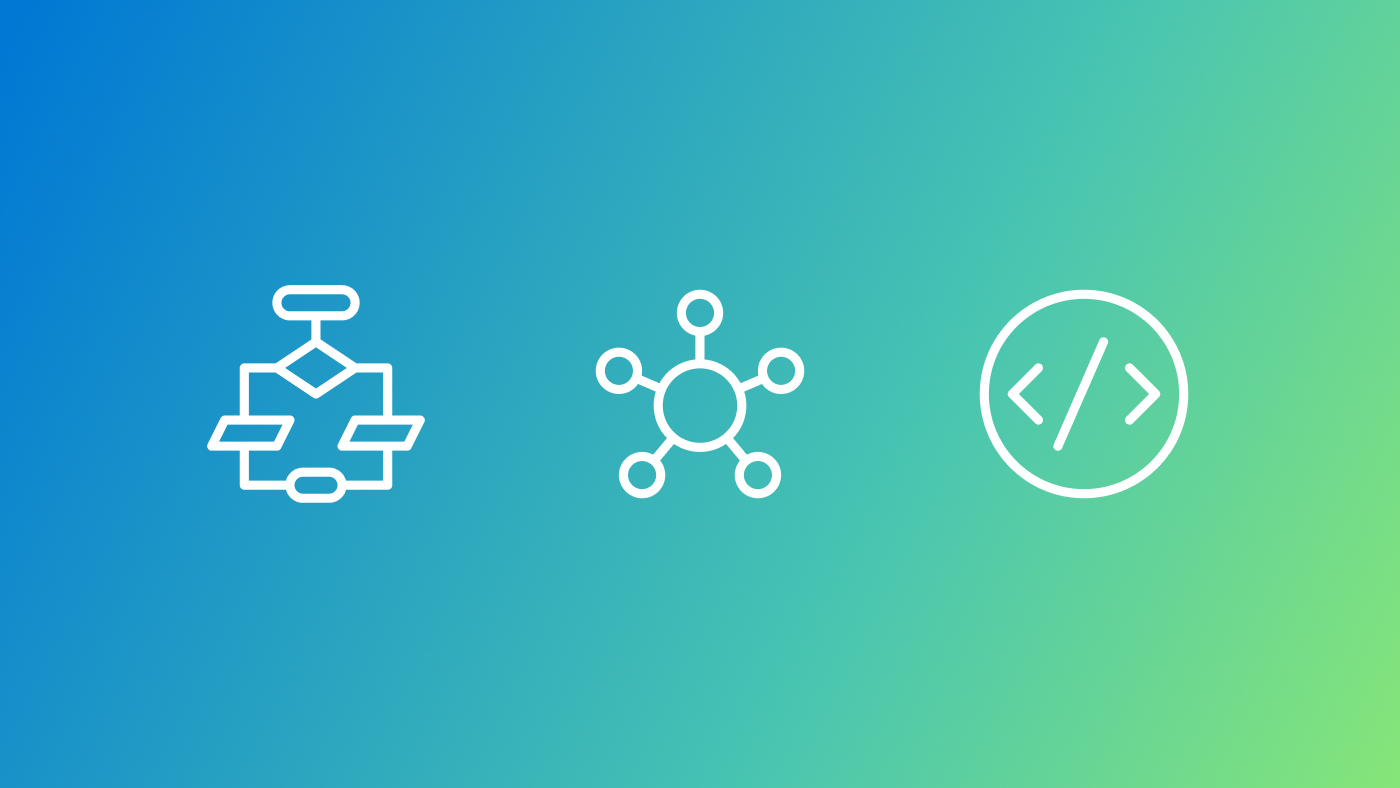AI for Business Transformation: Multimodal Models
Multimodal models hold the key to unprecedented advances in AI, moving beyond text and numbers to incorporate a much wider spectrum of inputs. AI research leaders Peter Lee and Vijay Mital discuss how researchers are…
AI for Business Transformation: Lessons from Healthcare
AI is already helping healthcare organizations drive innovation and efficiency gains. Peter Lee and Vijay Mital explore how Microsoft is helping, and how the lessons from healthcare could apply across many other industries. Related: Azure…
AI for Business Transformation: The Business of Data
The value of data has never been higher—it has become an essential driver of business decisions and it is critical for deploying AI successfully. AI research leaders Peter Lee and Vijay Mital explore how AI…
Research Focus: Week of August 26, 2024
Learn what’s next for AI at Research Forum on Sept. 3; WizardArena simulates human-annotated chatbot games; MInference speeds pre-filling for long-context LLMs via dynamic sparse attention; Reef: Fast succinct non-interactive zero-knowledge regex proofs.
Collaborators: AI and the economy with Brendan Lucier and Mert Demirer
Researcher Brendan Lucier and professor Mert Demirer are applying their micro- and macroeconomic expertise, respectively, to forecasting the economic impact of AI. They share how they’re using a task-level breakdown of occupations to help predict…
Arithmetic Solving in Z3
Tracing the path to self-adapting AI agents
Introducing Trace, Microsoft and Stanford University’s novel AI optimization framework, now available as a Python library. Trace adapts dynamically and optimizes a wide range of applications from language models to robot control.
Trace
Trace is a new AutoDiff-like tool for training AI systems end-to-end with general feedback (like numerical rewards or losses, natural language text, compiler errors, etc.). Trace generalizes the back-propagation algorithm by capturing and propagating an…







